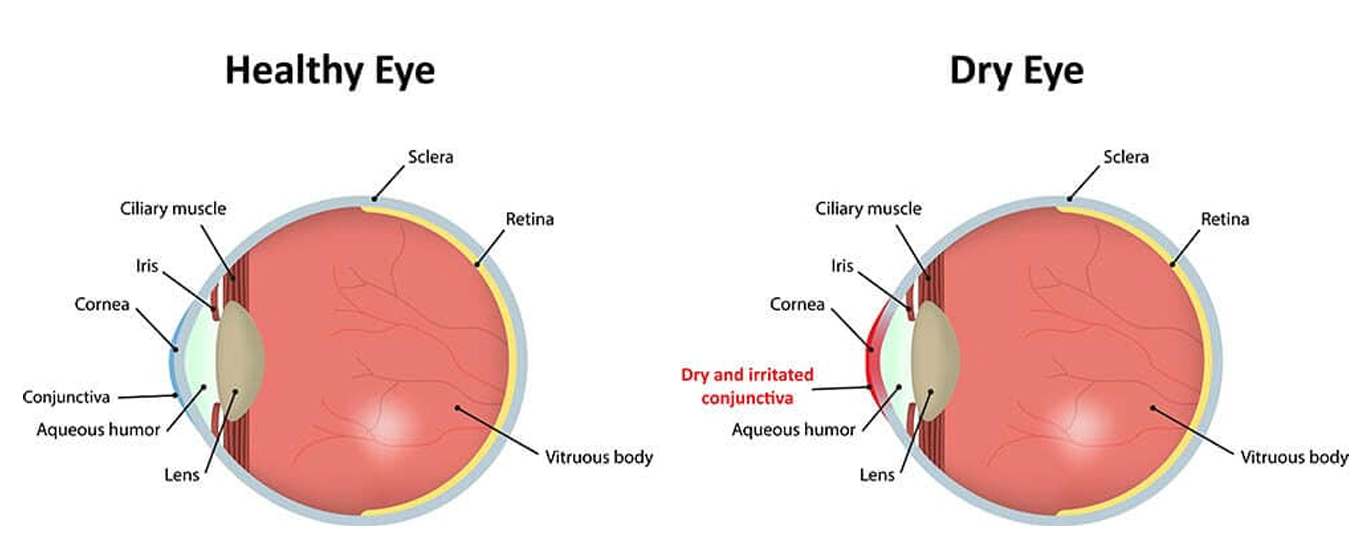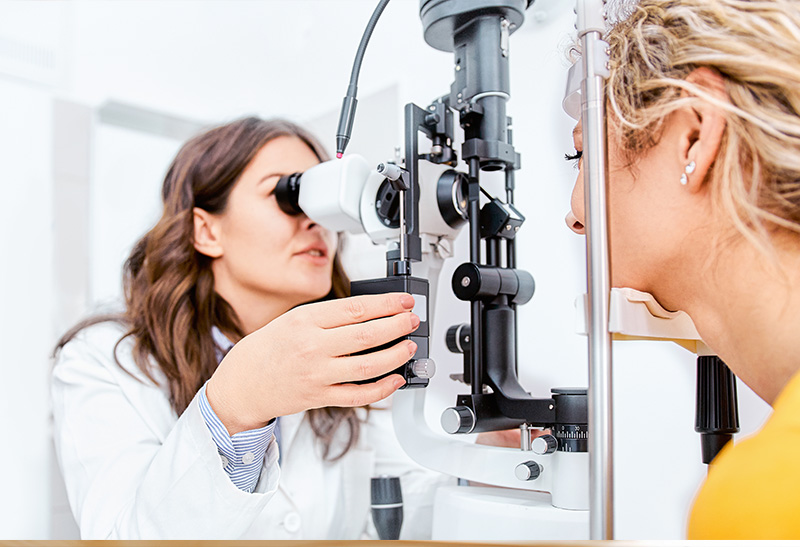All Categories
Featured

While many people recognize the significance of protecting their skin from the sunlight, the unsafe results of ultraviolet (UV) rays on eye health and wellness typically go forgotten. Whether you're soaking up the sunlight on a summer season day or strolling outdoors on an over cast afternoon, securing your eyes from UV rays is vital.
What Are UV Rays? UV rays are a kind of electromagnetic radiation produced by the sunlight. They are classified into three types:
UVA Rays: These permeate deep right into the skin and eyes and can add to long-lasting damage. UVB Rays: These rays are much more intense than UVA and are mostly in charge of surface-level damage to the eyes and skin. UVC Rays: These are one of the most hazardous yet are mainly soaked up by the Planet's ozone layer and don't commonly reach us. UVA and UVB rays are the primary culprits behind eye-related damage.
Short-Term Effects of UV Exposure on the Eyes. Even temporary direct exposure to extreme UV rays can hurt your eyes. One common problem triggered by this is photokeratitis, or "sunburn of the eye." Signs and symptoms of photokeratitis consist of:
Excruciating, red eyes. Sensitivity to light. Tearing or extreme watering. Momentary vision loss or blurry vision. Photokeratitis is generally temporary, but it serves as a caution of just how damaging UV direct exposure can be, also in tiny dosages.
Long-Term Effects of UV Exposure. Long term direct exposure to UV radiation can lead to more severe and permanent eye conditions, such as:
Cataracts: UV rays can accelerate the development of cataracts, a condition that causes clouding of the eye's natural lens, resulting in blurred vision and, if without treatment, loss of sight.

Macular Deterioration: UV direct exposure can damage the retina, particularly the macula, increasing the danger of age-related macular deterioration (AMD), which impacts central vision.
Pterygium: A growth of cells on the white component of the eye that can prolong over the cornea, creating discomfort, redness, and vision issues.
Pinguecula: UV direct exposure can create yellow-colored down payments to form on the conjunctiva, resulting in inflammation and dry skin.
Skin Cancer Around the Eyes: The delicate skin bordering your eyes is extremely vulnerable to UV radiation, increasing the risk of skin cancers like basic cell cancer and squamous cell cancer.
How to Shield Your Eyes from UV Rays. Safeguarding your eyes from UV rays is basic and requires a couple of mindful practices:
Purchase Top Quality Shades: Choose sunglasses that block 100% of UVA and UVB rays. Look for tags that specify "UV 400" defense. Wrap-around styles are suitable as they block UV rays from the sides as well.
Wear a Wide-Brimmed Hat: A hat with a border at the very least 3 inches wide can significantly decrease UV direct exposure to your eyes and face.
Restriction Direct Exposure Throughout Peak Hours: UV rays are strongest in between 10 a.m. and 4 p.m. If you should be outdoors throughout these hours, make certain you're appropriately shielded.
Don't Be Fooled by Clouds: UV rays can penetrate via clouds, so it is necessary to wear sunglasses also on cloudy days.
Shield Your Eyes Year-Round: Snow, sand, and water can reflect UV rays, increasing their effects. Eye security isn't simply for bright summer season days-- guarantee you're covered in all seasons.
Use UV-Blocking Get In Touch With Lenses: Several get in touch with lenses now include UV protection. If you use contacts, ask your optometrist regarding lenses with built-in UV filters for included defense.
Urge Eye Defense for Children: Children's eyes are much more conscious UV rays due to the fact that their lenses are clearer, enabling more radiation to reach the retina. Make certain they use sunglasses and hats throughout outdoor tasks.
Routine Eye Exams. Regular exams with an eye treatment specialist are vital for early discovery of any UV-related damage. An optometrist or ophthalmologist can examine your eyes, advise safety actions, and find conditions like cataracts or macular deterioration beforehand.
Conclusion. By using UV-blocking sunglasses, limiting sun direct exposure during height hours, and staying constant with eye exams, you can ensure your eyes remain healthy and balanced and your vision continues to be clear for years to come. Securing your eyes from UV radiation isn't simply about comfort-- it's an important action in maintaining your lasting eye wellness.
Latest Posts
Grab Special Auto Repair Deals in Chicago at Montclare Auto Repair
Learn How to Save Big on Car Maintenance with Montclare Auto Repair’s Limited-Time Deals
Unlock WyHy Federal Credit Union – Key Advantages for Your Money Goals
More
Latest Posts
Grab Special Auto Repair Deals in Chicago at Montclare Auto Repair
Learn How to Save Big on Car Maintenance with Montclare Auto Repair’s Limited-Time Deals
Unlock WyHy Federal Credit Union – Key Advantages for Your Money Goals